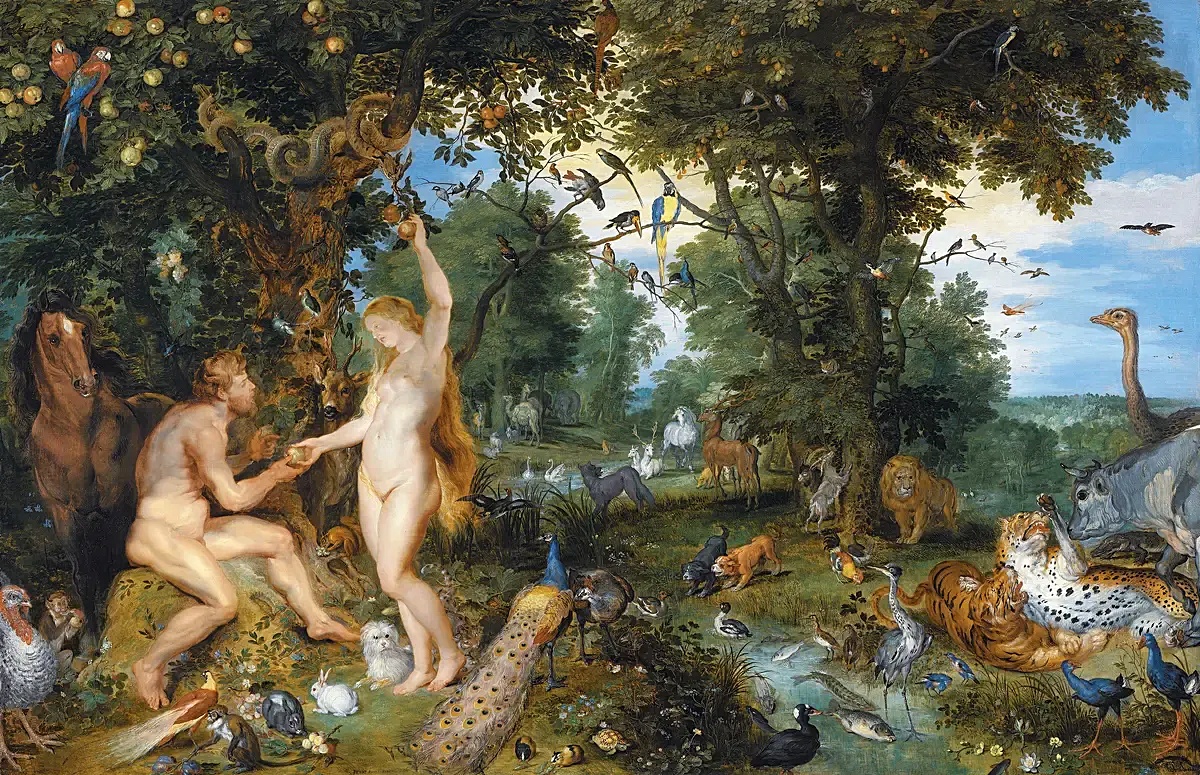World mythologies provide insights into our psychology today, as human nature hasn’t changed throughout history. Despite technological advancements and achievements, it is crucial to examine whether we are truly making progress as individuals and as a society.
However, this regression extends beyond psychology and encompasses a moral dimension, highlighting the increasing presence of evil in our modern world. While contemporary discourse avoids absolute terms like “evil,” the myths of various cultures often depict a descent from the Golden Age of humanity to progressively darker eras, where evil becomes rampant.

These cycles consist of four ages, each deteriorating from the previous one. The first age, the Golden Age, epitomizes prosperity, justice, and the adherence to dharma (law). As the ages progress, humanity experiences suffering, death, and a decline in the observance of dharma. We currently reside in the final age, the Kali Yuga, characterized by the sole valuation of wealth, the erosion of love, and the diminishing of cognitive abilities.

This pattern of moral deterioration is also reflected in the myth of the Fall of Adam and Eve from the Garden of Eden. The once-perfect state of humanity has given way to imperfection and its consequences.
Within these myths, certain psychological pathologies emerge as inherent human tendencies. Blame, in particular, stands out as a widespread defense mechanism that hinders personal growth and accountability. By attributing fault to others, individuals evade responsibility for their actions and perpetuate negativity. Unfortunately, blame is deeply ingrained, leading to intergenerational grudges and global conflicts.
To overcome the destructive habit of blame, we must explore the story of Adam and Eve as a personal development guide. By recognizing that blaming others limits our own potential and distorts reality, we can embrace our role as co-creators of our lives and the world around us. Blaming is an act of self-destruction, as it cuts us off from the fundamental forces governing the universe.

In the Garden of Eden tale, Adam and Eve fail to grasp the gravity of their transgression and project their guilt onto the serpent. This denial reflects a refusal to confront the truth, ultimately denying our own limitations as mortal beings. The Greek myth of hubris similarly warns against exceeding our boundaries and distorting our understanding of ourselves in relation to higher powers.
By delving into these myths and acknowledging their incongruity with modern notions of progress and perfectibility, we can gain valuable insights into the world and our own inner struggles. Embracing a resurgence of myth can challenge the prevailing secular mindset of perpetual progress and provide a more nuanced perspective on the human condition and our place in the universe.
As philosopher Terry Eagleton aptly expresses, we need a revival of myth to dispel the illusion of boundless progress and optimism that currently captivates the masses. It is through myth that we can uncover profound truths and broaden our understanding of ourselves and the world. Amen to that.
Discover more from Tension News
Subscribe to get the latest posts sent to your email.

